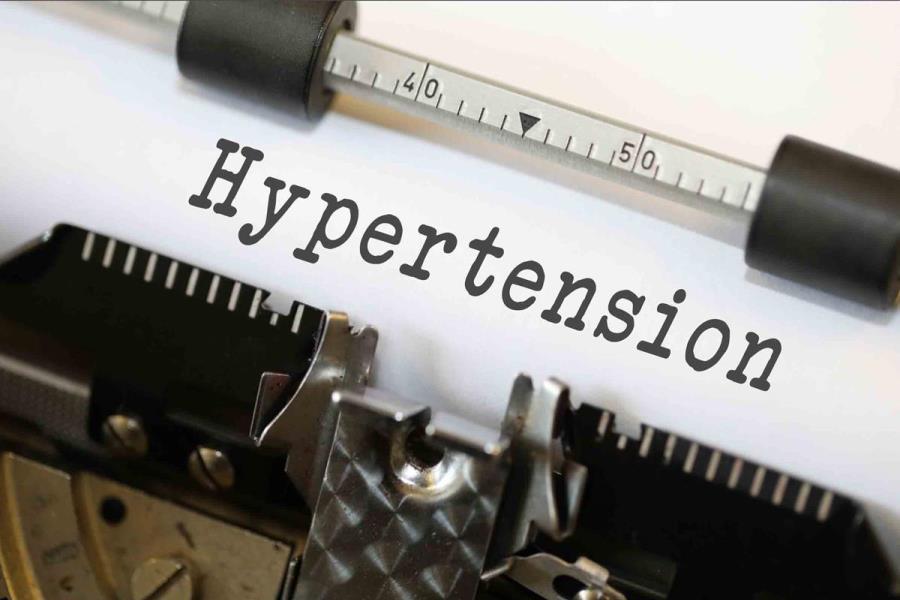Hypertension is a serious medical condition and can increase the risk of heart, brain, kidney and other diseases. It is a major cause of premature death worldwide, with upwards of 1 in 4 men and 1 in 5 women – over a billion people – having the condition. The burden of hypertension is felt disproportionately in low- and middle-income countries, where two-thirds of cases are found, largely due to increased risk factors in those populations in recent decades.
DEFINITION
Hypertension is defined as a condition in which there is persistent elevation of arterial blood pressure of > or =140/90 mmHg

TYPES OF HYPERTENSION
- Essential Hypertension: There is no known cause and it contributes to about 95% of cases
- Non-essential: This is due to a pre-existing condition.
RISK FACTORS
There are risk factors that cannot be controlled, they are called non-modifiable risk factors.
However, there are other likely causes of hypertension in which the individual can play a role in prevention, they are called modifiable risk factors.
NON-MODIFIABLE RISK FACTOR
-
- Age: The older one is the more likely it is to have a raised blood pressure.
- Race: The black race is more predisposed to having hypertension than other race.
- Family history: The prevalence of hypertension is higher in those with a family history of hypertension at all levels than those without a family history.

MODIFIABLE RISK FACTOR
- Being overweight or obese
- Too much alcohol consumption can lead to a raised blood pressure
- Lack of physical activity
- Salt intake may also play a role in raised blood pressure
- Smoking tobacco increases the risk of high blood pressure
- Intake of unhealthy diet example trans fat, saturated fat and low intake of vegetables and fruits.
PREVENTION:
- Regular blood pressure checks
- Reduce Weight if Obese
- Intake Low fat diet
- Reduce alcohol intake
- Reduce salt intake
- Exercise regularly
- Stop smoking
SIGNS AND SYMPTOMS :
Hypertension is usually described as a silent killer, in that it does not present with obvious signs and symptoms. However, when a complication arises, symptoms such as; headache, visual changes, chest pain, urinary changes etc.
TREATMENT:
It is treated with blood pressure-lowering medications called antihypertensives which is usually prescribed by doctors who must have assessed the individual with hypertension.
Antihypertensives are tailored to an individual based on their unique characteristics.

In Conclusion, Never forget when it comes to hypertension; No symptoms does not mean normal blood pressure, make sure you check your blood pressure regularly.


